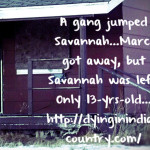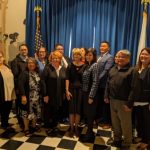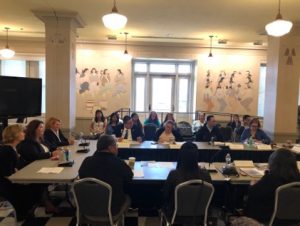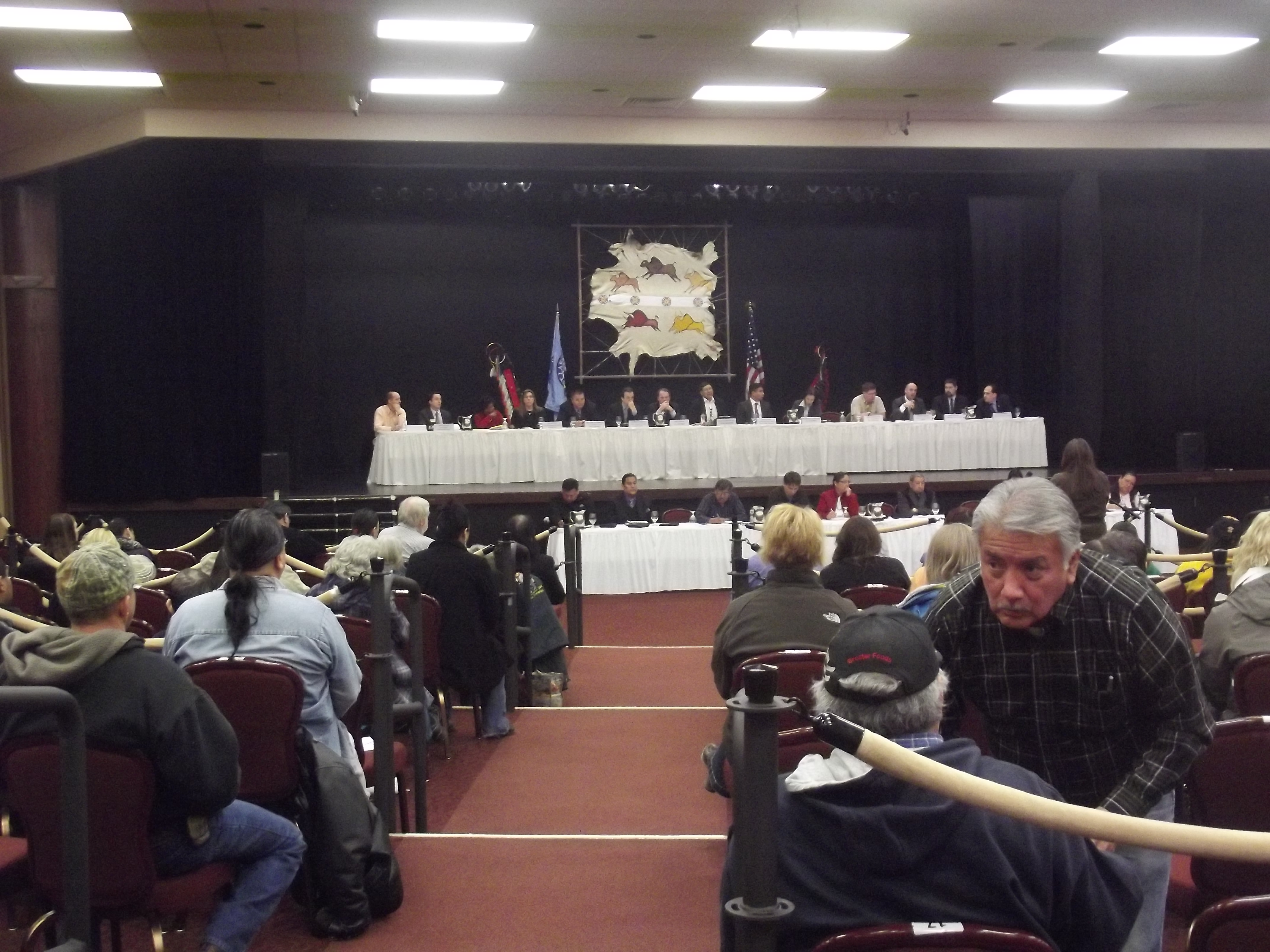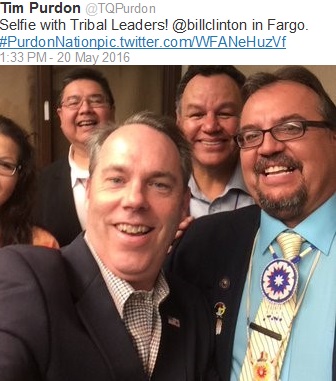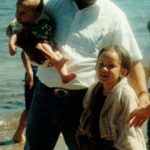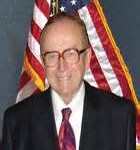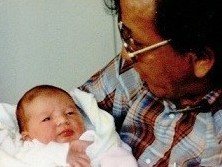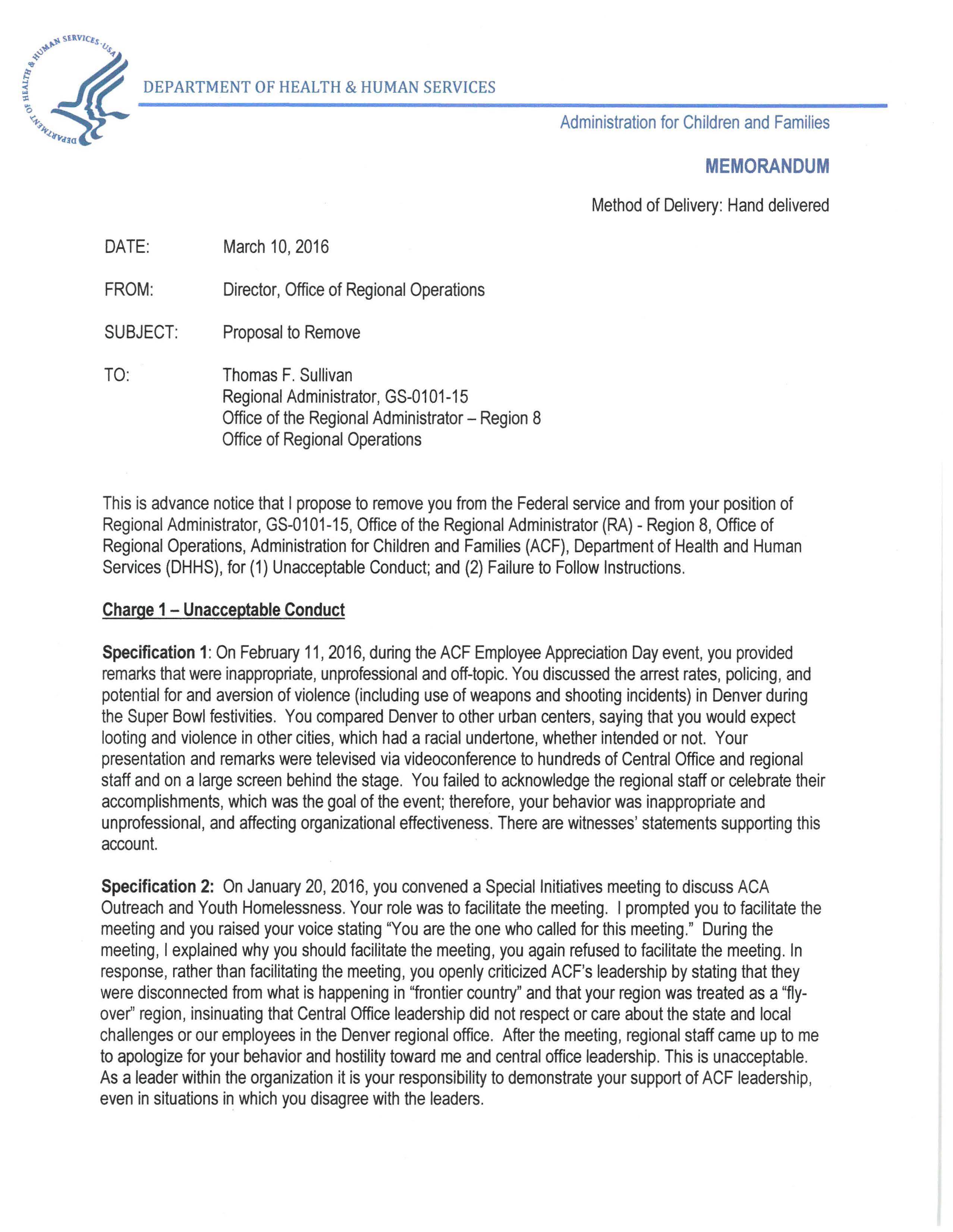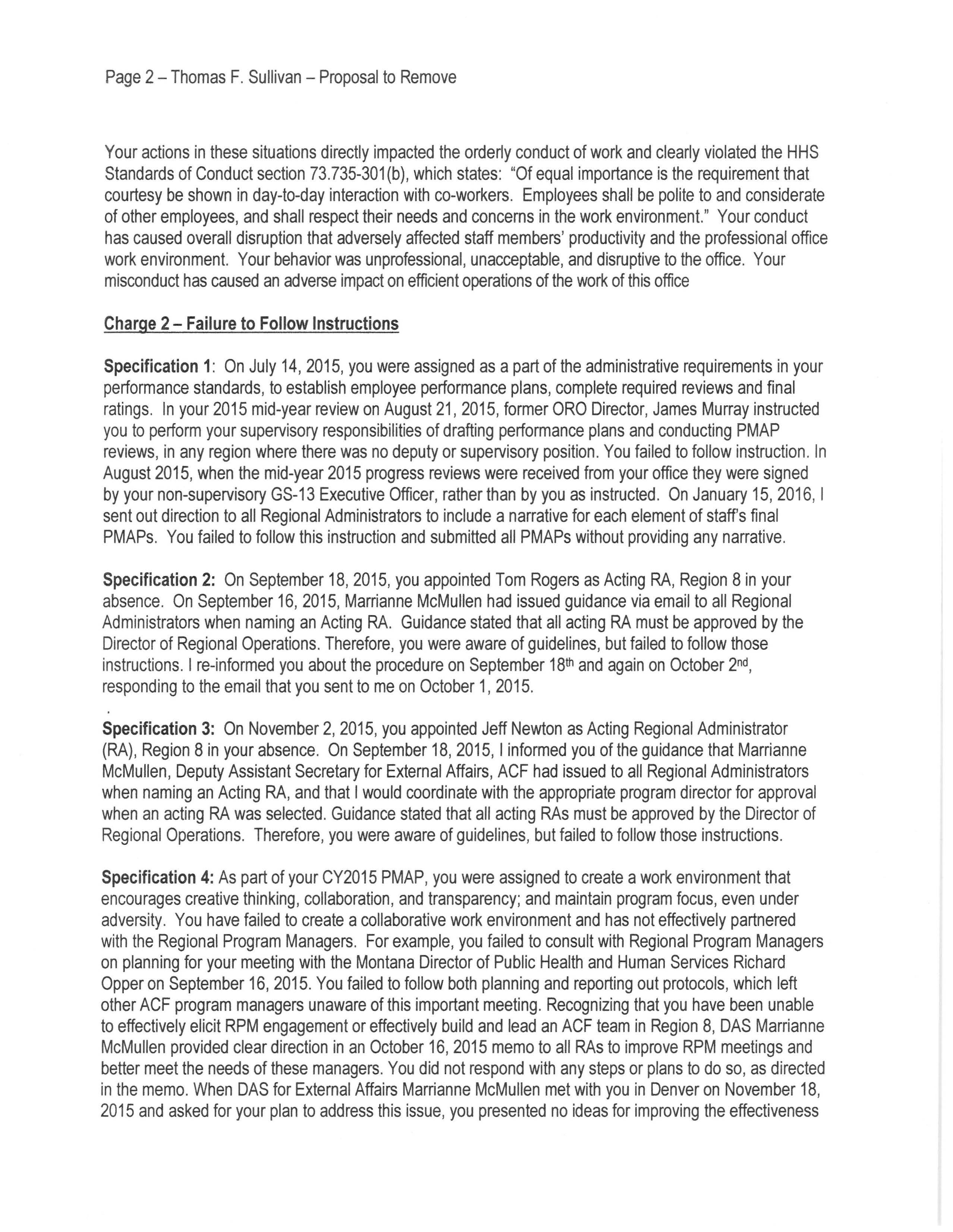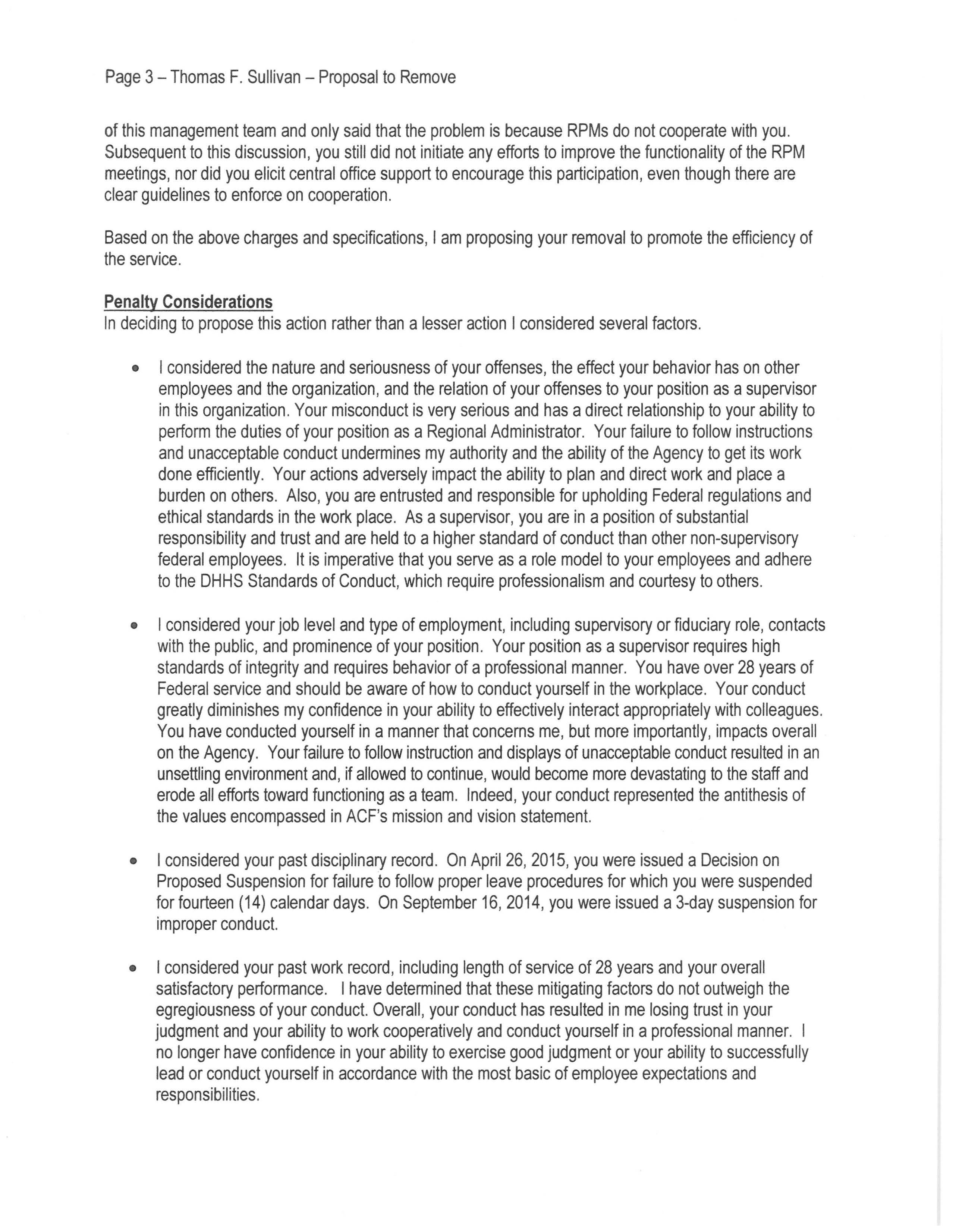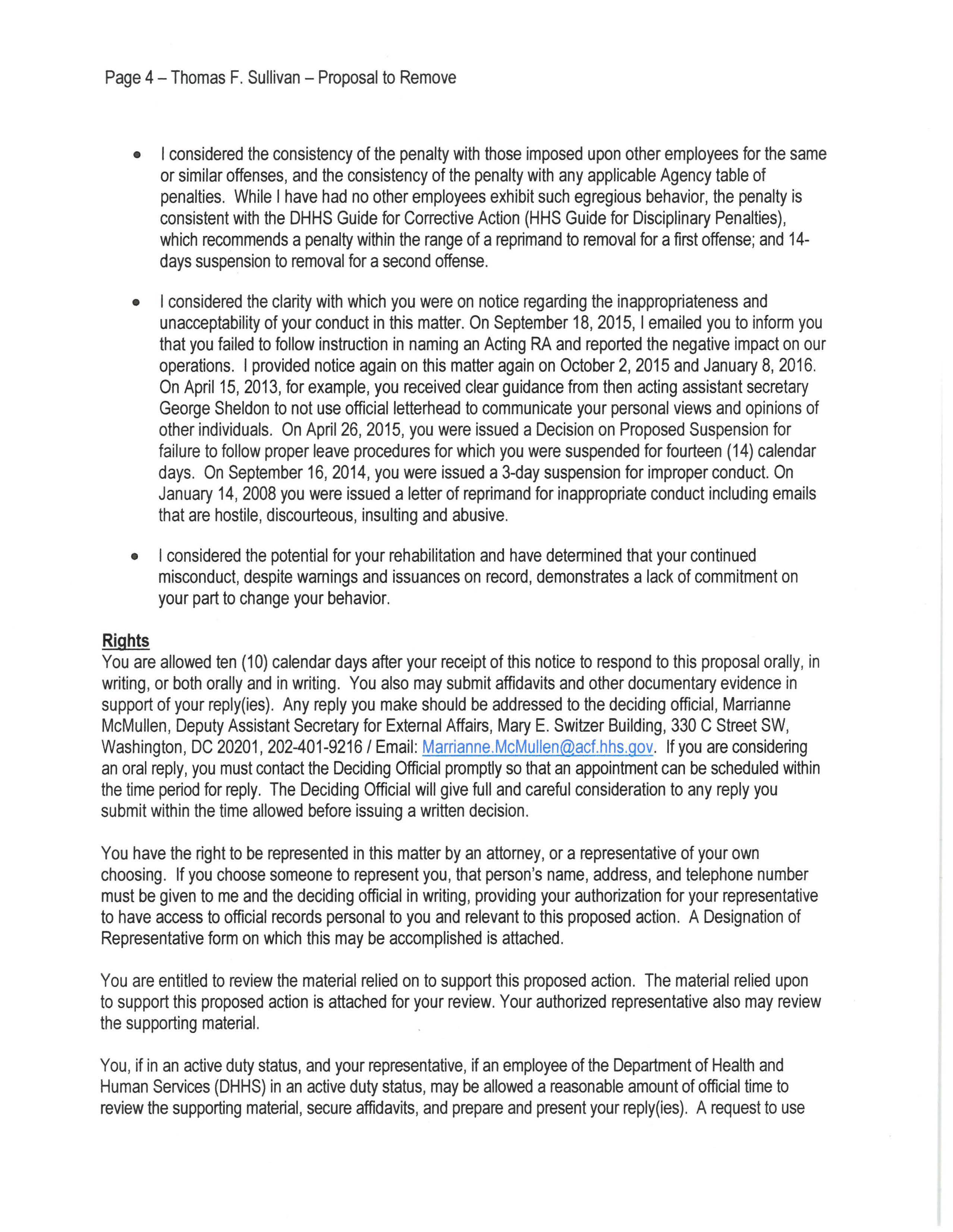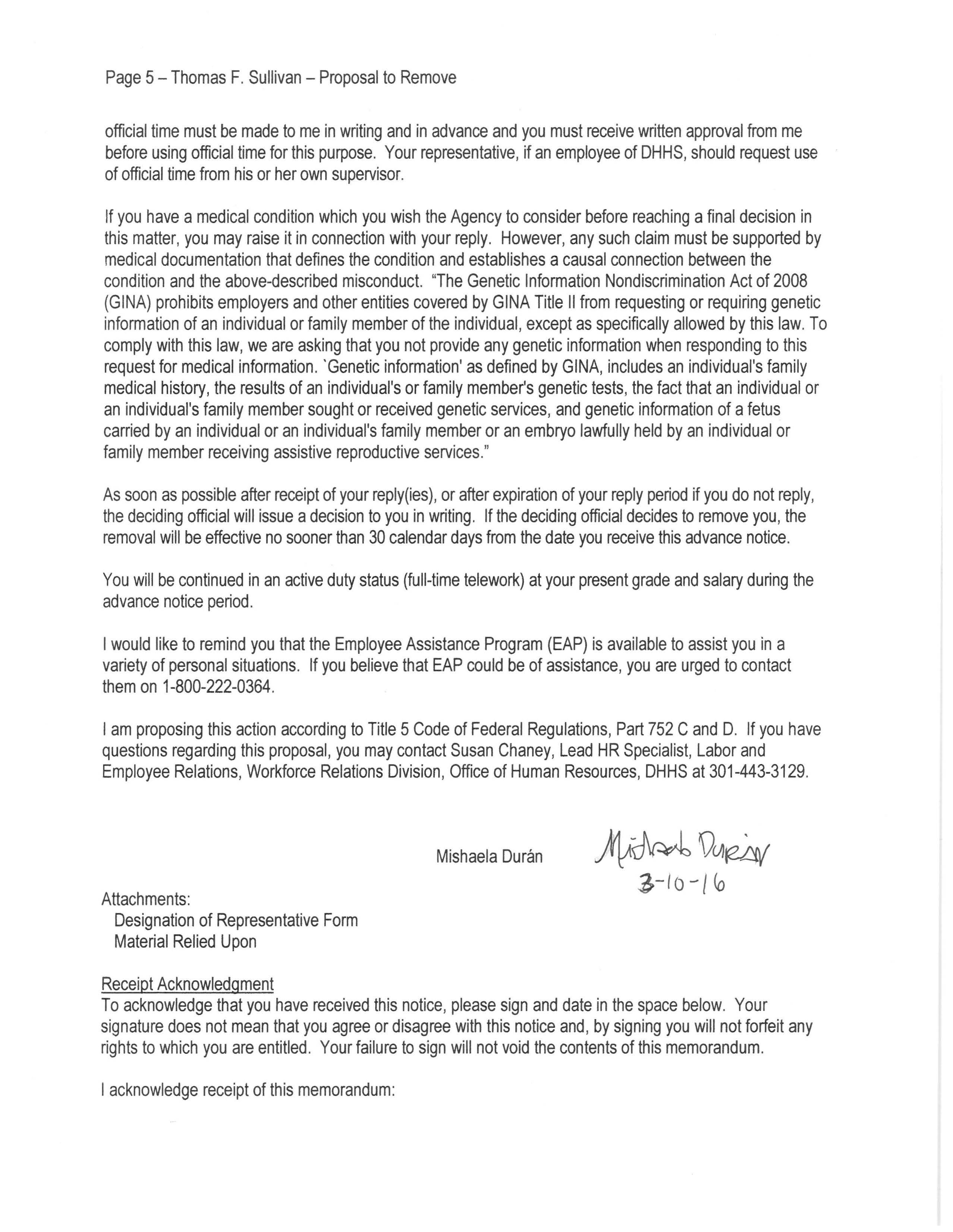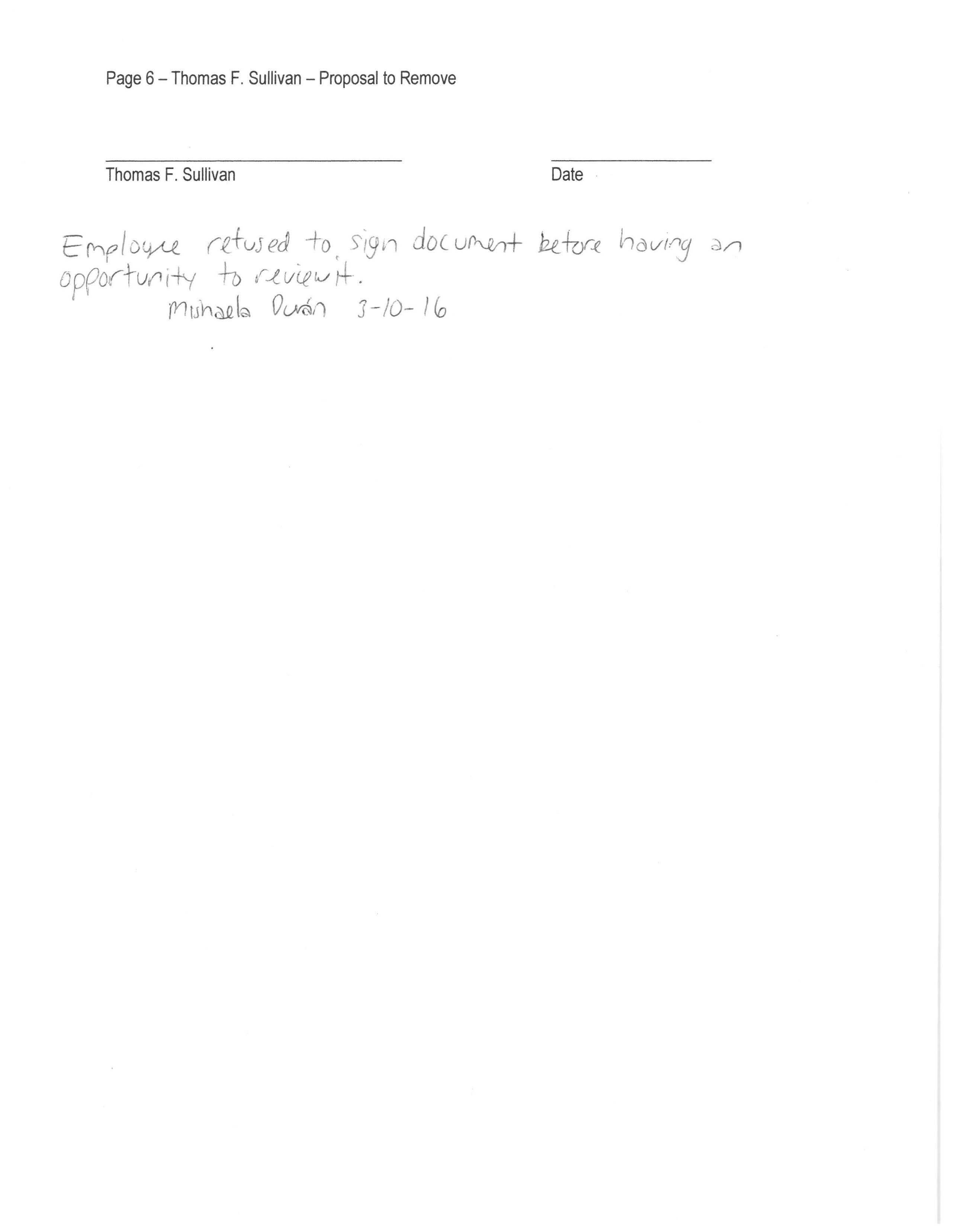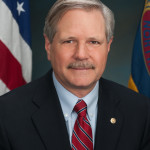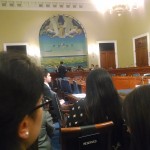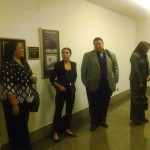SETTING THE RECORD STRAIGHTEST
The Indian Child Welfare Act Fact Sheet
FROM CHRISTIAN ALLIANCE FOR INDIAN CHILD WELFARE
In direct response to a “fact” sheet published by the National Indian Child Welfare Association in September, 2015.
The Truth about ICWA
Recently, some extremely well-funded ICWA groups have been promoting a campaign of misinformation rooted in the most egregious negative stereotypes about non-tribal social services and families. With the support of a coalition of national Native nonprofit organizations – including the National Indian Child Welfare Association (NICWA) – certain tribal entities have been turning truth on its head.
ICWA has lowered the bar of child welfare practice to the point of neglect for Native children. ICWA is proudly promoted as righting the wrongs of the past – but playing “pay-back time” with the lives of today’s children is a horrendous excuse for a law and, if truly one of ICWA’s purposes, amounts to a gross exploitation of children. ICWA is also said to address the current injustices that AI/AN children and families still face, but again, subjecting children to prolonged abuse and neglect under the justification that racial injustice exists is a horrendous excuse for a law and – if truly one of ICWA’s purposes – amounts to gross neglect of children. The rampant abuse children are subjected to in Indian Country has been well documented for many years by NICWA and other organizations:
• “Neglect endangers AI/AN children 4 times more often than physical abuse and results in numerous child fatalities” (NICWA, 1999).
• “I would venture to say over 80 percent of our children are traumatized at an early age; and so, therefore, their ability to learn and comprehend is affected very severely” (Green Bay, WI) (NIEA 2006, 23).
• “Many of the perceptions provided by tribal professionals in this survey are supported by recent data gathered by the Bureau of Indian Affairs and Office of Justice Services from 96 Indian country law enforcement agencies that suggests meth is the greatest threat in their communities. These law enforcement agencies also identified increases in domestic violence, assaults, burglaries, and child abuse and neglect cases with the increased use of meth” (Roe Bubar 2007, 10).
• “… They also expressed an awareness of increases in child abuse allegations and out-of-home placements involving a meth-related investigation” (Roe Bubar, 2007, p. 10).
• “…The almost 40 children returned to on-reservation placements in abusive homes, many headed by known sex offenders, at the direction of the Tribal Chair. These children remain in the full time care and custody of sexual predators available to be raped on a daily basis. Since I filed my first report noting this situation, nothing has been done by any of you to remove these children to safe placements” (Sullivan, 2013).
• “The 45 children who were placed, at the direction of Tribal Social Services (TSS), BIA social workers, BIA supervised TSS social workers and the BIA funded Tribal Court, in homes where parents were addicted to drugs and/or where they had been credibly accused of abuse or neglect. Since I filed my first report noting these placements, nothing has been done to remove these children to safe placements. I trust the Tribal Court, with the recent resignation of a judge who failed a drug test, will begin to be responsive to the children whose placements they oversee” (Sullivan, 2013).
• “The 25 cases of children most of whom were removed from physically and sexually abusive homes based on confirmed reports of abuse as well as some who still remain in those homes. Neither the BIA nor the FBI have taken any action to investigate or charge the adults in these homes for their criminally abusive acts. Many, of the adults in these homes are related to, or are close associates of, the Tribal Chair or other Council members” (Sullivan, 2013).
• “…at least two children a day were victims of crime. That is astronomical. That is off of the charts compared to the co-occurrence of child maltreatment and domestic violence in the mainstream” (Hallie Bongar White 2014, 26).
• “Violence, including intentional injuries, homicide and suicide, account for 75% of deaths for AI/AN youth age 12 to 20” (SAMHSA). (Center for Native American Youth 2014).
• “…in 2010, 40 percent of children seen at Child Advocacy Centers for child sexual abuse were Alaska Native, even though we only represent 15 percent of the entire population in the state of Alaska. That is just strictly unacceptable” (Hallie Bongar White 2014, 27-28)
• “…it is estimated that 35 percent of children exposed to domestic violence will develop trauma-related difficulties (Moretti et al., 2006). …Similarly, it is estimated that between 42 percent and 90 percent of child victims of sexual abuse will develop trauma-related difficulties (De Bellis, Spratt and Hooper, 2011). …statistics related to both these issues are thought to be underestimates (Leventhal, 1998; Wilt and Olson, 1996). It is therefore likely that the actual prevalence of PTSD stemming from both childhood sexual abuse and exposure to domestic violence is greater than stated above. More difficult to estimate is the number of children repeatedly exposed to or even directly threatened by various forms of neighborhood violence” (Richard G. Dudley 2015, 9).
• “According to this data, 11 AI/AN children died in 2012 due to child abuse and neglect (DHHS, 2013). This data reflects only those child fatalities that have been reported to state authorities. However, because incidents of child maltreatment that occur under a tribe’s exclusive jurisdiction and where tribal services are provided are not necessarily reported to the state and included in national data systems, this number is likely a slight underestimate (Earl, 2001, p. 8)” (NICWA 2015).
ICWA does not provide the high standards and accountability required to protect children – as evidenced by numerous documented reports from tribal government entities and their supporters, as well as much anecdotal evidence from witnesses, including affected children and families. As to statements by NICWA concerning the benefits of ICWA, NICWA claims that:
• ICWA “asks social workers and courts to examine whether the use of intensive in-home services would be just as, or more, effective in protecting a child’s safety and best interest, rather than simply resorting to a de facto removal of the child as the first option.” – – In-home services that were truly intensive could be effective. Yet, even if the question has been asked and a truly intensive in-home program has been implemented, statistics do not appear to reflect evidence that this intervention has been effective.
• ICWA “encourages the use of culturally specific services that are more likely to successfully strengthen AI/AN families and help AI/AN children stay safely at home.” – – Culturally specific services can be effective if the service offers the culture of the individual child and family. But again, despite current efforts to provide culturally specific services, statistics appear to show drug, alcohol, and violence issues getting worse within reservation boundaries.
• ICWA “also helps States secure tribal assistance and ensures that experts are present in the courtroom when important decisions about the child are made.” – – ‘Tribal experts’ are often hired and paid by tribal governments and their supporting organizations. Many of these experts are there to protect tribal sovereignty and the best interest of tribal government. They frequently do not actually know the child or the child’s family – especially if the child and family have never lived in Indian Country. Many tribal experts are not testifying to the actual upbringing, culture and worldview of the child and the child’s family, but to a cultural picture preferred by tribal government. Many are not necessarily testifying to what the child’s culture is, but to what the tribal government thinks the child’s culture should be.
ICWA violates and denies children’s and parents’ constitutional rights. ICWA provides procedural and substantive safeguards that protect the assumed sovereignty of tribal governments. In the process of protecting tribal sovereignty, the constitutional rights of children and families have been violated. NICWA claims ICWA recognizes “a parent’s constitutional right to care for their child and the child’s corresponding right to family integrity,” but many dissident tribal members and non-tribal extended family say their rights have been violated and their children harmed by the ICWA.
Almost all children fare better when placed with family, in community, and connected to the culture they feel most at home with. This is true for children of every heritage, as long as their family is healthy, loving and safe. Children do not fare better in homes where they are neglected or abused.
If it is unsafe for a child to stay in their families’ home, we agree with NICWA that the second best place for children is within their community and connected with the culture they are most familiar with. This is why it is so terrible when tribal leaders rip children out of their communities and culture and force them into situations that feel totally foreign to them. Children who have never been in Indian Country should not be forced into Indian Country.
However, it is also true that due to varied circumstances, not all children who have been raised in Indian Country can go home to their family or community.
• “Furthermore, these professionals believe that meth involvement increases the difficulty of family reunification” (Roe Bubar, 2007, p. 10).
Further, varied communications to CAICW and other anecdotal evidence reveal that not all children who live in Indian Country want to be there. Some children want to go live with relatives off the reservation. Some simply want out. Some have tried to run away off the reservation, only to be taken back by tribal police.
ICWA promotes connection to Indian culture, elders, and community. That is good. But some children do not want to live there. Not all children who fall under the jurisdiction of ICWA have been raised within Indian culture or community. Tribal culture and the reservation system is foreign to many, if not most, of the children who fall under the jurisdiction of ICWA. Further, some reservation communities are simply not safe, period. Congress does not have a right to force a particular culture or religion on an individual – and most certainly has no right to force culture or community on a child simply due to race or even political affiliation. When a law or program promotes a dogma with no regard for the factual needs of the individual child, that law or program is NOT promoting the best interest of that child – it is promoting the best interest of a political agenda or entity.
While ICWA does include language allowing state court judges to deviate from the requirements of ICWA when there is “good cause,” the ability to do so is severely limited by the 2016 BIA rules, which state:
• “Without a causal relationship…evidence that shows only the existence of community or family poverty, isolation, single parenthood, custodian age, crowded or inadequate housing, substance abuse, or nonconforming social behavior does not by itself constitute clear and convincing evidence or evidence beyond a reasonable doubt that continued custody is likely to result in serious emotional or physical damage to the child” (BIA, 2016, p. 23.121(d)).
• Further, “In determining whether good cause exists, the court must not consider” whether the child has already bonded with the family he/she is currently living with or whether the child has ever had any connection to the tribe” (BIA, 2016, p. 23.118(c)).
• Finally, “… In determining whether ICWA applies to a proceeding, the State court may not consider factors such as the participation of the parents or the Indian child in Tribal cultural, social, religious, or political activities, the relationship between the Indian child and his or her parents, whether the parent ever had custody of the child, or the Indian child’s blood quantum” (BIA, 2016, p. 23.103(c)).
In other words, tribal governments and the court system “can force children with even a slight Indian heritage into environments where poverty, crime, abuse, and suicides are rampant” (Flatten 2015). These truths are evidence that ICWA does NOT “balance the need for flexibility and individualized case-based decisions,” as NICWA claims.
ICWA itself is not based on race. ICWA applies to children who are eligible for political membership in a federally recognized tribe – and, as NICWA has noted, “does not apply to individuals who merely self-identify as American Indian or Alaska Native.”
• “According to the 2010 Census, there are approximately 5.2 million self-identified American Indian/Alaska Natives (AI/ANs) living in the US, of whom 2 million qualify for federal services” (Center for Native American Youth 2014). The enrolled, federally recognized AI/AN population is not 5.2 million, but only an estimated 2 million – those being the ones eligible for federal services.
Tribal governments are the sole determiners of the membership criteria. However, the membership criteria of most – if not all – tribal governments is based on heritage. If a tribal government has determined that blood lineage with a distant ancestor is all that is necessary for membership, the ICWA applies, regardless if the child, the child’s parents, or the child’s extended family want the tribal government to be involved in their lives. This child is therefore placed under ICWA’s jurisdiction due to their heritage – in other words, due to their “race.”
Further, while the ICWA itself states that it is not to be used in custody battles between parents, in practice, enrolled family members are frequently chosen over non-enrolled family members in custody battles; ie: a tribal parent is chosen over the non-tribal parent, or a tribal grandparent or aunt over a non-tribal relative. This has occurred even in cases where the tribal parent or relative has a criminal record and the non-tribal relative does not. In addition, many non-tribal parents and relatives have been threatened with ICWA by their tribal counterparts. In other words, tribal courts have not always followed the ‘word’ of the ICWA law, but instead, have followed what many believe to be the ‘heart’ of the ICWA law. Abundant anecdotal evidence of rulings in favor of tribal relatives at the expense of non-tribal relatives furthers the race-based impression of ICWA.
Tribal governments claim in congressional testimony and to the general public that they care deeply about the safety and well-being of their children and families. Yet, statistics, reports and documentation from tribal governments and their supporters, as well as anecdotal evidence from witnesses, show repeated placements of children into physically and emotionally dangerous environments, as well as repeated disregard for the factual needs of individual children.
To build a better future for children of every heritage, the experience, insight, and wisdom of those who factually know and love the individual children must be respected and included, and State child protection laws must be applied equally for children of every heritage.
• “…incidents of child maltreatment that occur under a tribe’s exclusive jurisdiction and where tribal services are provided are not necessarily reported to the state and included in national data systems” (NICWA 2015).
• “American Indian and Alaska Native populations have seen a 164% increase in the number of drug-related deaths from 3.9% in 1979-1981 to 10.3% 1998. The North Dakota Drug Threat Assessment of 2002 concluded that meth use and distribution was a problem in all reservations within the state” (U.S. National Drug Intelligence Center”(NDIC, 2002). (Roe Bubar 2007)
• “Wallace and Bachman (1991) found that almost half of Native American youth under the age of 17 drank alcohol or smoked marijuana, with a higher substance abuse rate for boys than for girls” (Roe Bubar 2007).
• “The addition of meth-exposed children to an already strained network of social services in tribal communities almost guarantees additional complications in educational, social, and medical services on the reservation” (Doney, 2006; U.S. Commission on Civil Rights [USCCR], 2003) (Roe Bubar 2007, 15-17).
• “According to the Youth Risk Behavior Survey, 16 percent of students at Bureau of Indian Affairs schools in 2001 reported having attempted suicide in the preceding 12 months” (Center for Native American Youth 2011).
• “Recent research shows that while the US child mortality rate for children ages 1 to 14 has decreased by 9% since 2000, it has increased by 15% among AI/AN children (National Court Appointed Special Advocate Association)” and “Alcoholism mortality rates are 514% higher than the general population” (Center for Native American Youth 2014).
• “…a study of Native American sixth graders from one reservation found that 75% had clinically significant levels of PTSD” and “Researchers have reported a 14% prevalence rate of Major Depressive Disorder among AI/AN adolescents” (NICWA, SAMHSA 2014).
• “Indian children experience post-traumatic stress disorder at the same rate as veterans returning from Iraq and Afghanistan, and triple the rate of the general population” (Flatten 2015).
• “Native teens experience the highest rates of suicide of any population in the U.S.—at least 3.5 times higher than the national average.11 (NICWA, SAMHSA 2014).
• “Suicide is the second leading cause of death—2.5 times the national rate—for Native youth in the 15 to 24 year old age group” (Executive Office of the President 2014, 5).
• “These figures must be considered alongside the data describing child fatalities and incidence of child maltreatment in AI/AN families. This data is in line with data showing that AI/AN families are more likely to have child welfare involvement due to neglect and suggests a unique risk factor specific to AI/AN child fatalities. Given the multitude of potential responders, differences in how entities may determine child fatalities, and limited framework in Indian Country for investigating child fatalities, questions arise as to whether some of these accidents may be related to child neglect as opposed to tragic accidents” (NICWA 2015, 5).
ICWA is unworkable. It never has been workable; it never will be – because it forces itself on children and families who don’t want it, and we are United States citizens who love our children and will fight back to protect them. This is not a matter of the simple “noncompliance” tribal governments refer to. It is a matter of pure rebellion. We will never “comply” in handing over our defenseless children to a situation we know will hurt them. This is not “noncompliance,” it is civil resistance, and includes not only dissident persons of heritage and their extended families, but also certain attorneys, courts and social workers. This is not “noncompliance,” in the case of social workers and others hiding the heritage of a child; it is civil disobedience, and it will never stop because we love and care about children. It is a matter of families and people of good sense fighting back against a terrible law that is hurting our children. It is a matter of people pushing back out of true love and concern for children we know – children who have been victimized by this over-reaching, incomprehensible mandate. It is people attempting to protect the children they love from a bureaucracy and a political entity that do not know or love our children, but are using them as pawns in a political game. It is time for this particularly unjust social experiment to stop. ICWA is totally unworkable and will never work the way tribal governments want it to. They will end up going back to the federal government and again and again, trying to make the ICWA worse for us – but this will never stop us from fighting for our children.
Congress has unique authority over this issue. Tribes are legally ‘domestic dependents’ within the larger United States. Matters regarding tribes and tribal members are within the purview of the federal government. It is under Congressional authority that ICWA has been legislated.
The BIA rules and regulations are also Congressionally authorized. ICWA rules published in the federal register in June, 2016, by the BIA were based on the authority granted by Congress which states: “the Secretary shall promulgate such rules and regulations as may be necessary to carry out the provisions of this chapter.” Therefore, it is Congress’ responsibility to right this egregious wrong and protect our children.
“AI/AN children currently appear less likely to be adopted compared to White children. This positive finding, reported by CWLA (1999), may be due to the passage of the Indian Child Welfare Act of 1978 (ICWA)” (Indian Country Child Trauma Center 2005).
Birthed by the biological parents of enrollable children, the Christian Alliance for Indian Child Welfare was founded in February 2004. CAICW is a national non-profit Christian ministry and family advocate, which has ministered with music and teaching at churches in the U.S. and Canada as well as a children’s home and street ministry in Mexico. CAICW is both a judicial and educational advocacy for families at risk of – or hurt by – the Indian Child Welfare Act, as well as a prayer resource for families and a shoulder to cry on.
CAICW is not an adoption agency or a legal aide office, and 100% of staffing is volunteer.
References
BIA. (2016, 6 14). Indian Child Welfare Act (ICWA) Proceedings. THE FEDERAL REGISTER, 25 CFR 23; RIN 1076-AF25(Document Citation: 81 FR 38777), 38777-38876 (100 pages). Retrieved 6 15, 2016, from FEDERAL REGISTER: https://www.federalregister.gov/documents/2016/06/14/2016-13686/indian-child-welfare-act-proceedings
Center for Native American Youth. (2011). Fast Facts on Native American Youth and Indian Country. Washington DC: Aspen Institute.
Center for Native American Youth. (2014). Fast Facts on Native American Youth and Indian Country. Washington DC: Aspen Institute.
Executive Office of the President. (2014). Native Youth Report. Washington DC: The White House.
Flatten, M. (2015). Death on a Reservation. Phoenix: Goldwater Institute. Retrieved 6 22, 2016, from http://goldwaterinstitute.org/en/work/topics/constitutional-rights/equal-protection/death-on-a-reservation/
Hallie Bongar White, J. L. (2014, April 21). INTERSECTION OF DOMESTIC VIOLENCE AND CHILD VICTIMIZATION IN INDIAN COUNTRY. Retrieved July 28, 2016, from Justice.gov: https://www.justice.gov/sites/default/files/defendingchildhood/legacy/2014/04/21/intersection-dv-cpsa.pdf
Indian Country Child Trauma Center. (2005). Demographics. Oklahoma City: Indian Country Child Trauma Center. Retrieved July 27, 2016, from icctc.org: http://www.icctc.org/demographics-1.asp
NICWA. (2015). Testimony of Sarah L. Kastelic. Washington DC: Commission to Eliminate Child Abuse and Neglect Fatalities.
NICWA, SAMHSA. (2014, April). Native Children: Trauma and Its Effects. Trauma-Informed Care Fact Sheet. Portland: National Indian Child Welfare Association.
Richard G. Dudley, J. M. (2015, July). Childhood Trauma and Its Effects: Implications for Police. New Perspectives in Policing, pp. 1-22.
Roe Bubar, M. W. (2007). Perceptions of Methamphetamine Use in Three Western Tribal Communities: Implications for Child Abuse in Indian Country. West Hollywood: Tribal Law and Policy Institute.
Sullivan, T. (2013). 12th Mandated Report. Denver: ACF.
